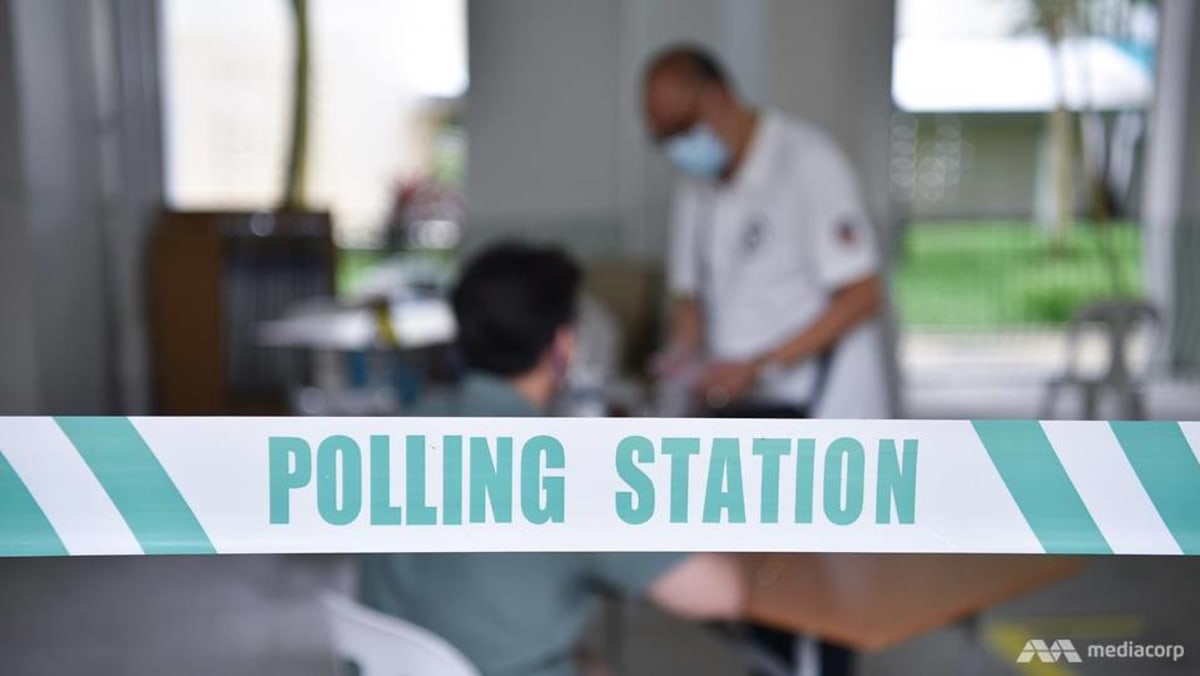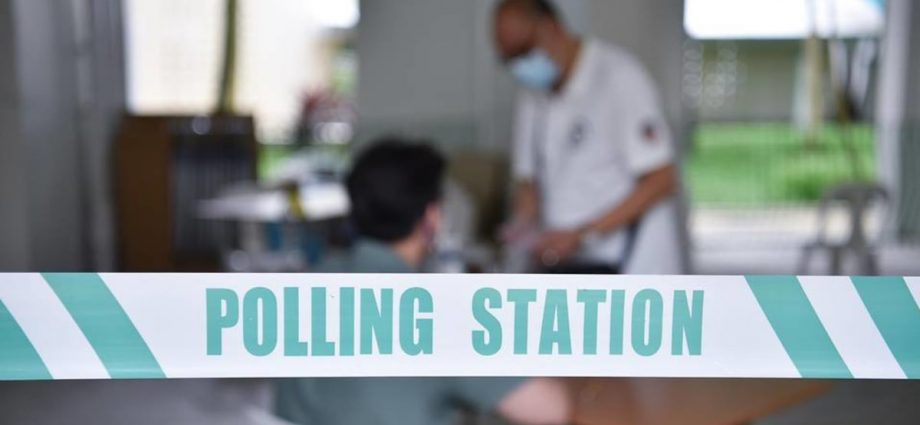
SINGAPORE: Postal voting for overseas Singaporeans and updates to election advertising laws were among several changes tabled for the Presidential Elections Act and Parliamentary Elections Act on Monday (Feb 6).
These amendments are part of ongoing efforts to improve electoral processes, the Elections Department (ELD) under the Prime Minister’s Office said in a press release.
Education Minister Chan Chun Sing, who is also Minister-in-charge of the Public Service, introduced the two Bills in Parliament for their first readings.
To make it easier for Singaporeans living overseas to vote, the Bills propose the introduction of postal voting for them. Marked ballot papers must be posted before Polling Day in Singapore, and reach ELD within 10 days after Polling Day to be accepted for counting.
The Bills also propose setting up special polling stations within nursing homes, and deploying mobile polling teams for nursing home residents to vote from their beds. Various factors, such as the number of voters in these nursing homes and the availability of suitable spaces, will be considered in its implementation.
ELD held a consultation exercise for these two voting arrangements in May last year, with the feedback gathered later shared in July.
To allow more Singaporeans to qualify as overseas voters, the Parliamentary Elections (Amendment) Bill also proposes that Singaporeans living abroad be allowed to register for overseas voting as long as they have been in Singapore for an aggregate of 30 days in the three years prior to their application to be an overseas voter.
This differs from the current residency requirement of 30 days in the three years preceding a deadline currently set at Mar 1 in any year.
Existing overseas voters will also no longer have to re-register whenever the registers of electors are revised before an election. These voters will have their status retained, unless they cancel their overseas voting registration or their names have been removed from the registers.
“RESPONSIBLE AND INFORMED” VOTING
The Bills will seek to promote “responsible and informed” voting by enhancing transparency of election advertising, as well as the accountability and traceability of those involved in publishing and displaying these materials.
This involves requiring all election advertising – be it paid or unpaid – to display the full names of those who had played an active role, such as the people who were responsible for the publishing; gave the approval or directed the advertising to be published; and who paid for the advertising.
Individual citizens are exempted from these requirements if they are not candidates or elections agents, and had published online election advertising materials in their personal capacity without receiving payment or directions from others.
With forms of media and communications evolving, the Bills also propose that the amplification of existing online election advertising – such as by sharing, resharing and reposting – should come under the same rules as publishing new material.
Such actions increases the reach of the election advertising content and has the same effect as publishing fresh content, ELD said.
The Bills also clarify that paid election advertising will cover various forms of payments, including those that are indirect – such as through an intermediary – as well as non-monetary.
Lastly, the Bills recommend that the election’s returning officer be able to issue corrective directions for breaches of online election advertising.
These directions to a content publisher can include the removal of the advertisement, as well as stopping or reducing access to the advertisement to people in Singapore.

